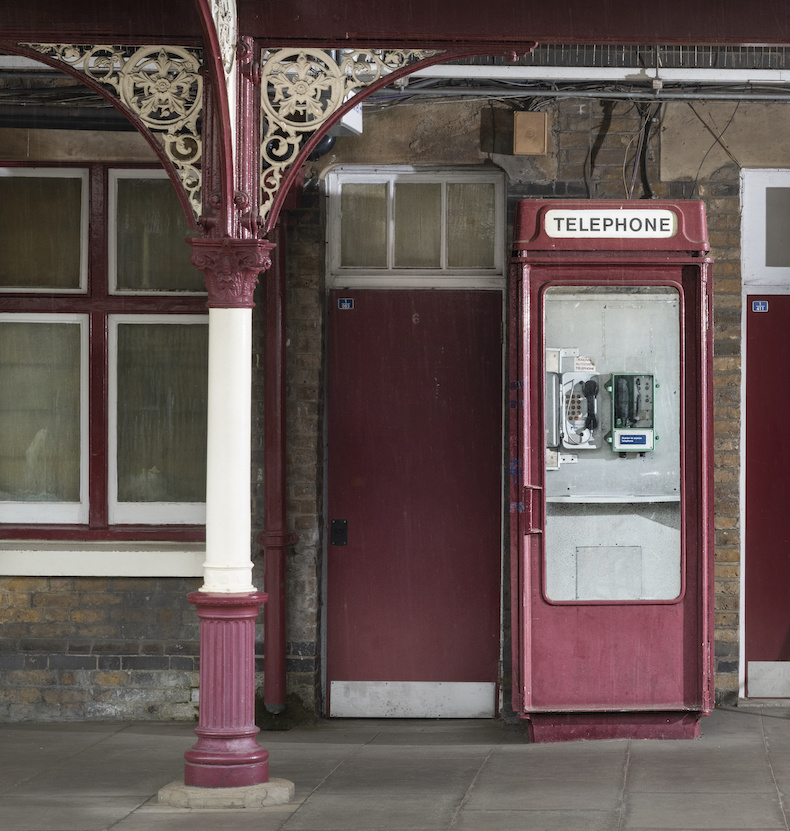Introducing Rakewell, Apollo’s wandering eye on the art world. Look out for regular posts taking a rakish perspective on art and museum stories.
Rakewell is resigned to the fact that in most cities you will find tourists queuing to take snaps in front of favoured landmarks such as the Eiffel Tower or the Colosseum. In London, however, tourists queue to be snapped beside a classic red telephone box. The supermodel of the telephone box is often considered to be the classically-inspired K2, designed by Giles Gilbert Scott in 1924. Rakewell shares the tourists’ fondness for this telephone box, not least because it harks back to a time before the perennial presence of mobile phones – though perhaps not enough fondness to want be photographed (by a mobile phone) inside one.
Great telephonic news reached Rakewell’s ear this week: four K8 telephone kiosks on London Underground platforms have been Grade II-listed by Historic England, thanks to tireless campaigning by the Twentieth Century Society. These lesser-spotted ‘iconic boxes’, as the society’s director Catherine Croft calls them, now stand as monuments to the commitment to allowing people to talk while en route. Designed by Bruce Martin in 1965, their design is, as Croft has it, refreshingly ‘modern and minimalist’. Rakewell particularly appreciates the bold blue hue sported by one example at High Street Kensington.

A newly-listed K8 telephone box at Chalfont & Latimer station in London. Photo: Historic England
There are a great many telephone box enthusiasts for whom this will be very happy news. Many of the K8s disappeared after British Telecom was privatised, when they were replaced with a far less satisfactory three-sided box; only 56 of the original 11,000 K8s survive. It should be noted that the original design stipulated that these embodiments of a late 20th-century chic should be aluminium. But, as the author of one telephone box fansite – yes, there is more than one – recounts, with only the merest whiff of disapproval: ‘the General Post Office again refused to switch to aluminium, instead using cast-iron’.
Curiously, in an act of morphic resonance, the singer-songwriter who is most associated with telephones, Beyoncé – see her stunning interrogation of the contraption with Lady Gaga in ‘Telephone’ – has released a new scent. Sadly, this is only available in the US, but we are all informed that this perfume, ‘crafted and designed by Beyoncé’, comes ‘encased in art’. Rakewell looks forward to seeing what the next feat by the pop superwoman might be, but suspects it will likely not involve getting changed in a telephone box. More’s the pity.
Got a story for Rakewell? Get in touch at rakewell@apollomag.com or via @Rakewelltweets.














![Masterpiece [Re]discovery 2022. Photo: Ben Fisher Photography, courtesy of Masterpiece London](http://zephr.apollo-magazine.com/wp-content/uploads/2022/07/MPL2022_4263.jpg)
‘Like landscape, his objects seem to breathe’: Gordon Baldwin (1932–2025)